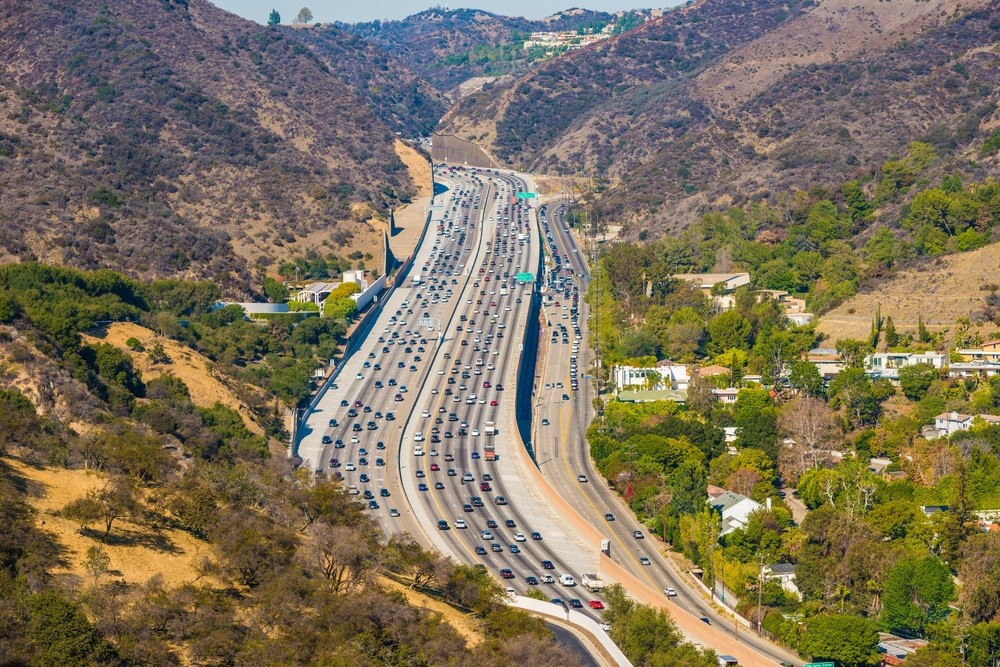Popular Reads
Top Results
Can't find what you're looking for?
View all search resultsPopular Reads
Top Results
Can't find what you're looking for?
View all search resultsDrivers in Los Angeles stuck with world's worst traffic
Change text size
Gift Premium Articles
to Anyone
Los Angeles is not just the city of stars; it’s also the city with the world’s worst traffic.
In a study of 1,064 cities conducted by transportation agency INRIX, Los Angeles was ranked the worst city for traffic, with the average driver wasting 104 hours and US$2,408 sitting in traffic each year.
The Russian capital of Moscow came in second, with the American cities New York and San Francisco following in third and fourth place, respectively. Increased congestion cost US drivers almost $300 billion last year in wasted time and fuel.
“Gas prices haven’t increased that much over the last year or two,’’ Bob Pishue, senior economist at INRIX and a co-author of the study, told USA Today.
He added that economic growth had also been strong in major cities like Los Angeles and New York.
“Those kinds of factors, combined with an already strained road network, lead to increased congestion.’’
Read also: Metro Manila has 'worst city traffic on Earth': Waze
Pishue explained that the study used federal metrics to estimate the value of lost time and fuel along with the environmental impact of carbon emissions to calculate the costs to drivers and governments.
For example, when freight carriers lose time and money in traffic, 90 percent of those costs "get pushed onto households through higher prices for goods and services.”
Traffic in San Francisco cost each driver $1,996 and the city more than $2.5 billion in 2016.
In New York, the numbers were even higher. Drivers lost an estimated $2,533 and the city nearly $17 billion.
But all hope is not lost. Congested cities are becoming more and more aware of these issues, according to the report.
Los Angeles voters approved “measure M” in November, a $120 billion plan aimed at upgrading transit infrastructure. New York City is continuing to focus on expanding the new 2nd Avenue subway line, which is expected to help more than 200,000 commuters per day.
"Those kinds of unique city challenges rely on big data, technology [and] connectivity,'' Pishue said.
"That's where the solutions lie, not necessarily in adding a lane to a big highway or building a big parking garage.'' (sul/kes)











